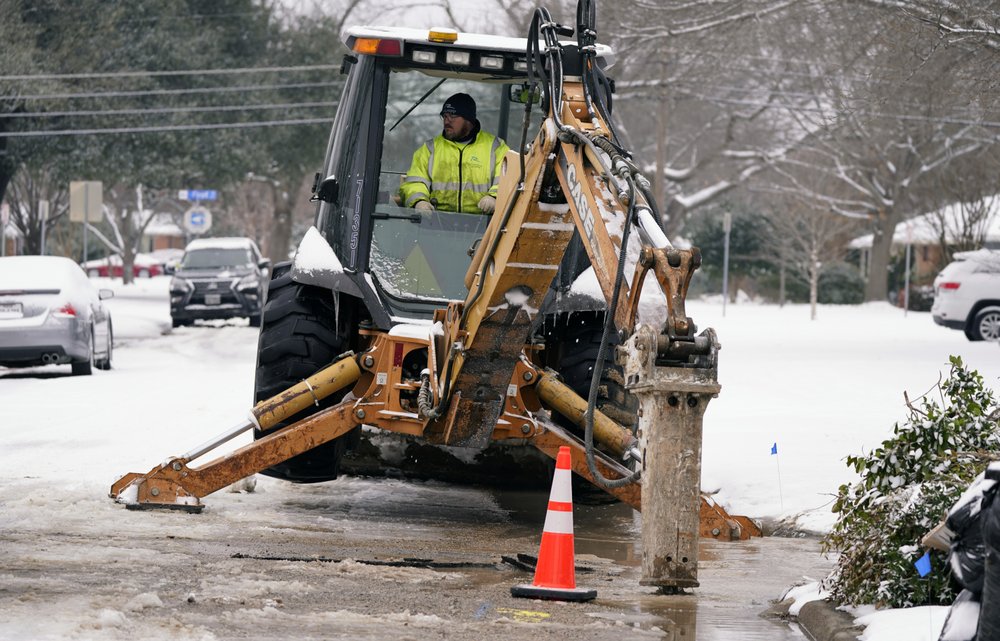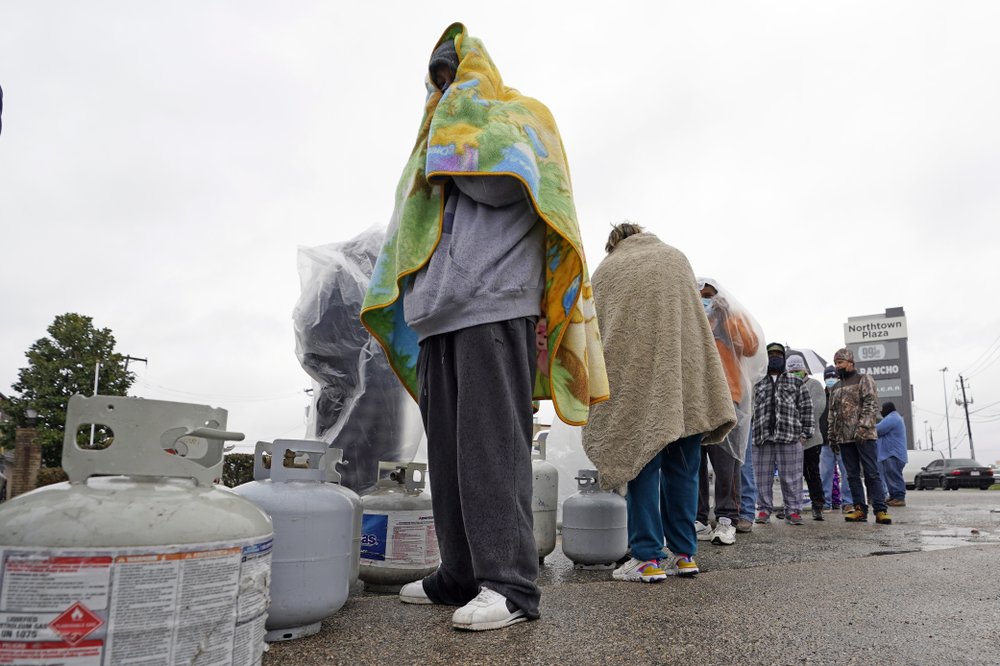The extreme winter weather across the United States has caused safety concerns for almost two weeks.
Over 73% of the U.S. was covered in snow on Tuesday, Feb. 16, and many states have recorded the lowest temperatures in over a century. Because of the storm, some states have had to implement rolling blackouts to preserve natural resources.
The weather has caused many people to suffer from an unpreceded situation.
People in Oklahoma have repeatedly worried about the possibility of rolling blackouts since Oklahoma Gas and Electric asked their customers to conserve energy. The New York Times explains the effects of the winter storm and blackouts.
“The week’s continent-spanning winter storms triggered blackouts in Texas, Oklahoma, Mississippi, and several other states,” The New York Times said.
Electric Reliability Council of Texas (ERCOT) officially announced the highest emergency alert level on Feb. 15 and asked their customers to conserve energy. They suggested tips such as avoiding using large appliances and turning down thermostats to 68 degrees.
According to The Oklahoman, “The Southwest Power Pool (SPP), the region transmission operator that oversees the grid that serves parts or all of 14 states between here and Canada, notified users across its system at 12:30 p.m. [on Thursday, Feb. 18] that it was ordering blackouts within parts of its system in an attempt to conserve available power supplies.”
The storm also raised concerns about natural resource supplies.
“One-third of oil production in the nation was halted,” The New York Times said. “Drinking-water systems in Ohio were knocked offline. Road networks nationwide were paralyzed.”
People in Texas have also struggled as power has slowly returned.
According to The Washington Times, “While most Texans are finally getting their power back, millions of people in the storm-ravaged state are facing an escalating water crisis following the historic Arctic outbreak that left pipes cracked and knocked water-treatment plants offline.”
Electric Reliability Council of Texas (ERCOT) officially announced the highest emergency alert level on Feb. 15 and asked their customers to conserve energy. They suggested tips such as avoiding using large appliances and turning down thermostats to 68 degrees.
According to ABC News, “More than 1,100 public water supply systems reported weather-related disruptions in service on Friday morning, impacting 14.4 million people, about half of the state’s population.”

Austin resident, Jenn Studebaker, shared how her family survived during this hard situation in weather news to CNN.
“We [her family] used melting snow in their bathtub for drinking water and filling up their toilet,” Studebaker said.
In this precarious situation, students at Oklahoma Christian University prepared for the possibility of blackouts. On Monday, Feb. 15, Neil Arter, Chief Student Life Officer at Oklahoma Christian, sent an email to students warning them about potential blackouts.
“We don’t know if all customers will be impacted, but we wanted to make you aware in case we lose electricity,” Arter said.
A senior student, Sazuka Saito shared that the possible blackouts affect students’ life and their classes.
“I charged my phone right after I got an email from the school and prepared for the blackouts because it was going to be the worst if I could not use my phone during a power outage,” Saito, said. “And I worried about my online classes and assignments without Wi-Fi if a rolling outage would happen.”
No such blackouts or resource troubles have hit the campus so far, and students were able to have in-person classes on Friday, Feb. 19. However, they still face walking and driving to class in ice and snow.
As temperatures rise and the storm abates, many hope that these natural resource concerns will soon be solved.












Be First to Comment